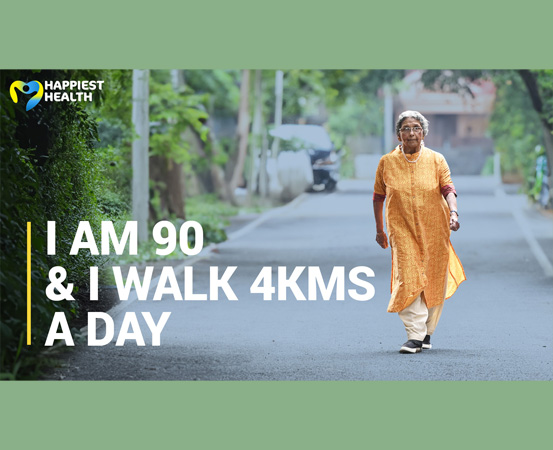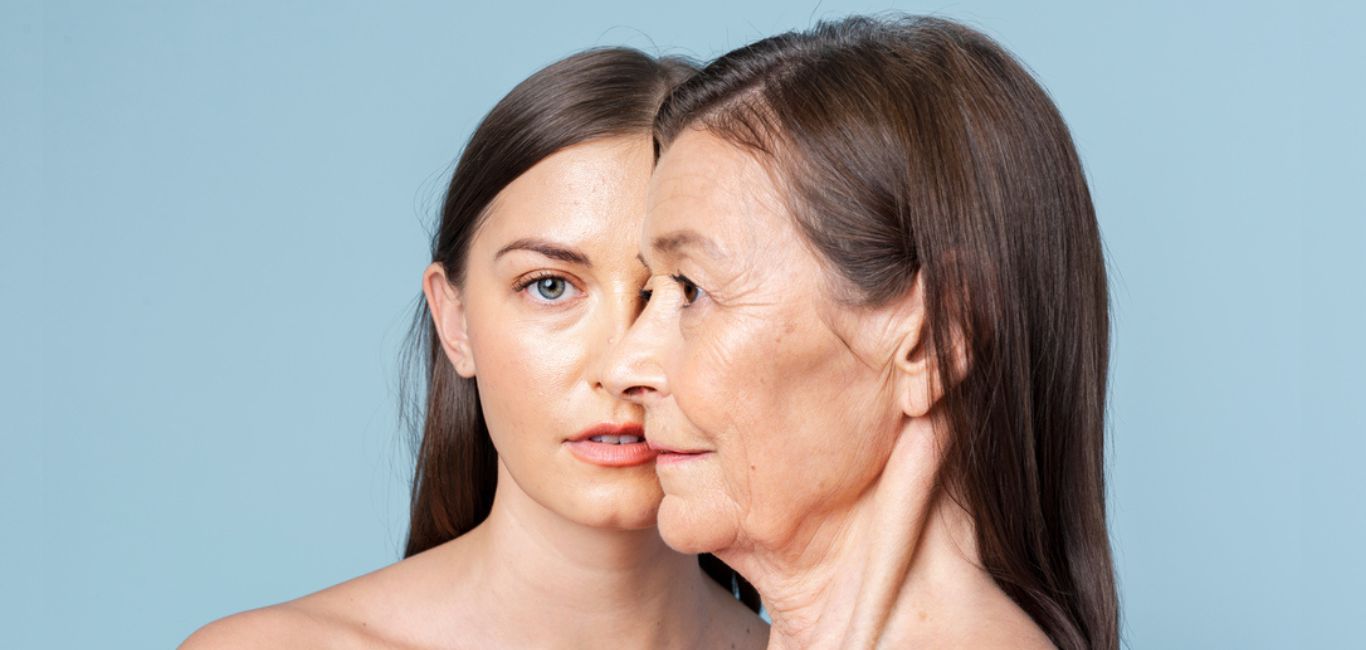
With advancing age, the aches and pains creep in, while our wish to stay supple and agile, just as we were in our 20s, gets stronger. Age catches up inevitably, and with it the realisation that it is not just a number.
You would have noticed that some of the older people around — be it a grandparent or a relative — remain fit and bright in old age, while others are weighed down by the perils of ageing. Closer introspection would make us realise the two major factors which made a difference in their lives were the amount of physical exercise they squeezed in as a routine and the diet they maintained.
While one cannot reverse ageing, a better understanding of the signs and science of ageing may equip us to pursue our health goals better and live in our prime longer.
Physical signs of ageing
“As the body ages, there are physiological and cellular level changes,” says Dr Marcus Ranney, a physician-turned-entrepreneur and founder-CEO of Human Edge, a longevity science company based in Mumbai. “Grey hair and wrinkles may seem like a tell-tale sign of ageing, but are no indication of a person’s health and wellbeing.”
The physical signs of ageing include an increase in body fat percentage, reduction in lean muscle mass, bone density and basal metabolic rate (BMR). The body’s strength reduces along with aerobic capacity. Fluctuation in blood pressure is common, while the body’s insulin sensitivity goes down. The likelihood of developing high cholesterol increases, while the body’s capacity to regulate temperature effectively reduces.
The science of ageing
“There are a few biomarkers to determine ageing at the cellular and molecular level,” says Dr Ranney. According to him, the nine primary hallmarks of ageing are:
- genome instability
- shortening of telomeres (ends of chromosomes)
- changes in epigenetic expression (gene expression)
- loss of proteostasis (maintaining stable synthesis of proteins inside the body)
- deregulated nutrient sensing
- mitochondrial dysfunction
- cellular senescence (cell death)
- stem cell exhaustion, and
- altered intercellular communication.
“These physiological and cellular changes make us [further] prone to various age-related diseases like heart disease, diabetes, cognitive impairment,” says Dr Ranney. “Exercise helps prevent all these issues from surfacing, and is one of the best ways to keep the body flexible and strong.”
Exercises and ageing
“Exercise reduces the age-related decline in the physiological parameters,” says Dr Ranney. “Research done by Harvard University in 2012 stated that people who exercise regularly can boost their longevity by up to seven years. One of the researchers stated that even 75 minutes per week of brisk walking was associated with a gain of almost two years.”
Regular exercise has multi-system anti-ageing effects, as per an elaborate 2015 review.
Ranney shares a study done in 2018 by the University of Birmingham and King’s College London, where doing regular exercise throughout life was found to be potentially effective in slowing the ageing process.
“The study showed that loss of muscle mass and strength did not occur in those who exercised regularly,” says Dr Ranney. “They didn’t have an increase in body fat or cholesterol levels with age, and the men’s testosterone levels also remained high. The study revealed that the benefits of exercise were noticed in their thymus functioning too — which were making as many T-cells as those of a young person.”
Start young to stay young
Exercise is a way of living, and a matter of habit too. And starting young helps in drilling into that habit, and ensures a healthy life right through the various stages.
“When it comes to leading and maintaining health and wellbeing, there are five types of exercises that one should include in their lifestyle,” says Dr Ranney.
- Aerobic exercise, which includes running, jogging, brisk walking etc.
- Anaerobic exercise, which includes sprinting and high-intensity interval training (HIIT).
- Strength training using external weights like dumbbells, resistance bands, and gym machines, [or bodyweight training].
- Balance and flexibility exercises, which include yoga and tai chi.
“All of these exercises help in strengthening the body and improving the physical ability, as well as improve biomarker functioning related to ageing and disease,” says Dr Ranney. “It is also important to include exercise as a part of your lifestyle from a young age.”
Takeaways
- Ageing cannot be reversed, but a better understanding of the signs and science of ageing can equip us to manage it better.
- Exercise can boost longevity by up to seven years, says research.
- Studies show regular exercise and a healthy diet have multi-system anti-ageing effects.

















